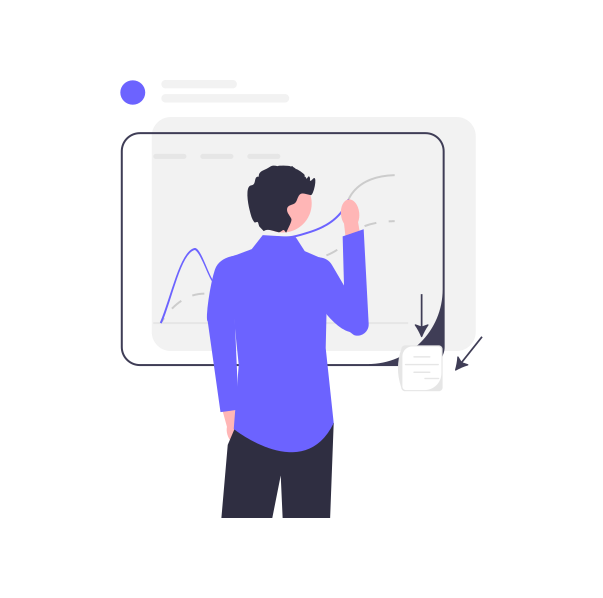Our Charlotte, NC website design team has been all a buzz about the changes coming from Google Analytics. If you own a website, you’ll definitely want to get up to speed on and prepare for the transition in Google’s products.
If this is all news to you, you’re in the right place. Read on to find out more about the changes that are coming.
Here’s the Scoop
Google is preparing to phase out its Universal Analytics (UA) data tracking properties, making way for the new GA4 analytics tracking system. These are two separate data streams, and you can have both UA and GA4 running on your website simultaneously. Over the next year, website owners are encouraged to use both and to compare the differences in how the data is being tracked and to make changes to any reports.
What’s the Timeline?
- GA4 actually rolled out in October 2020. If your website was created on or after this timeframe, you probably already have GA4.
- You can install GA4 anytime and begin collecting data.
- As of July 1, 2023 UA will no longer track data. If you install GA4 now, you’ll have a year’s worth of data by then and your GA4 tracking will continue.
- You will have about 6 months after UA stops tracking to download all historical UA data.
What’s Changing?
This is all part of a foundational shift in how data is collected in several key areas. To give you a sense of what’s changing, we’ll review three core areas that are undergoing overhauls as part of GA4.
Privacy Tracking
The old methods of tracking data through IP addresses, cookies, and tags are becoming a thing of the past. A higher level of privacy is being demanded today across various types of activities. You can read about the moves to protect consumer privacy which can be traced back to the European Union’s 2018 rollout of the General Data Protection Regulation.
GA4 will use Artificial Intelligence (AI) to make predictions and assumptions about website traffic and user behavior. This will supplement the data and fill in gaps created by increasing privacy restrictions.
Cross-device Tracking
Google’s previous tracking was largely based on collecting data from individual devices and sessions. Information was tracked in silos and was often duplicated across devices.
GA4 offers a shift from a focus on individual metrics to a focus on the customer’s journey. It stitches together multiple data streams and sources, for example, from both websites and apps, to offer a more accurate picture of where a customer is in the sales funnel. It uses multiple identifiers to measure a single user’s journey, providing far more valuable insight into engagement and effectiveness.
Engagement Tracking
The metrics used for tracking are being redefined. This will provide a more realistic assessment of your user’s interaction with your website.
Here’s an example.
In UA a user’s visit to your website for several minutes without a next step click or interaction was recorded as a bounce, even though they could have found value in the website.
In the new GA4, Google will track what they’re calling “engaged sessions.” These are defined as the number of sessions that lasted longer than ten seconds, had a conversion event, or had at least 2 page views or screen views. You can see that the new GA4 parameters certainly more accurately reflect today’s user engagement.
GA4 has a number of default actions and events, like page scrolls, clicks, file downloads etc., that can easily be tracked without requiring manual set-up as it did in the past. Together with cross-device tracking capabilities, the data GA4 collects provides a much truer assessment of user engagement.
Take Aways
The new GA4 is a complete overhaul of Google Analytics, designed to be flexible with the changes and increased regulation that are already in motion for the industry. This is the time to install GA4 and to get familiar with its capabilities and how they can help your business. Set up your tracking criteria and begin to learn how to use the reports. And, of course, understand that GA4 is still in its infancy, and more changes will come. The internet and associated technology and regulations are still developing at an incredibly fast pace.
